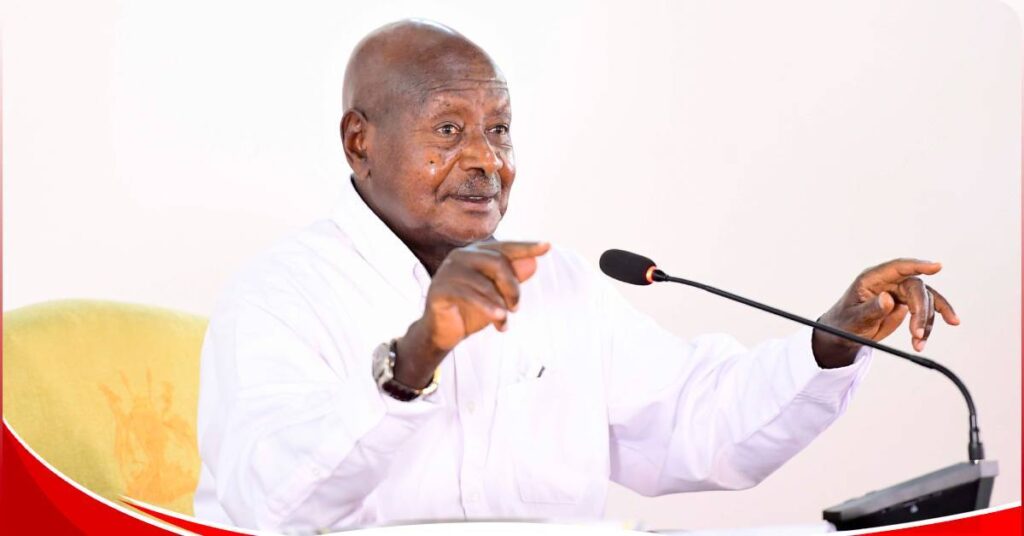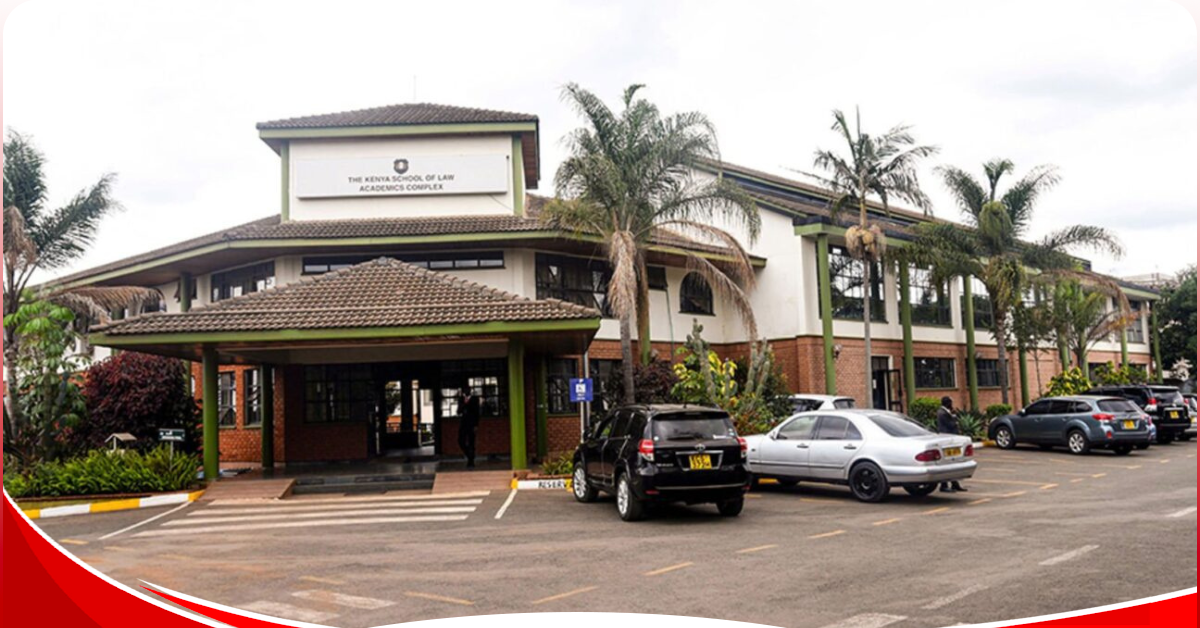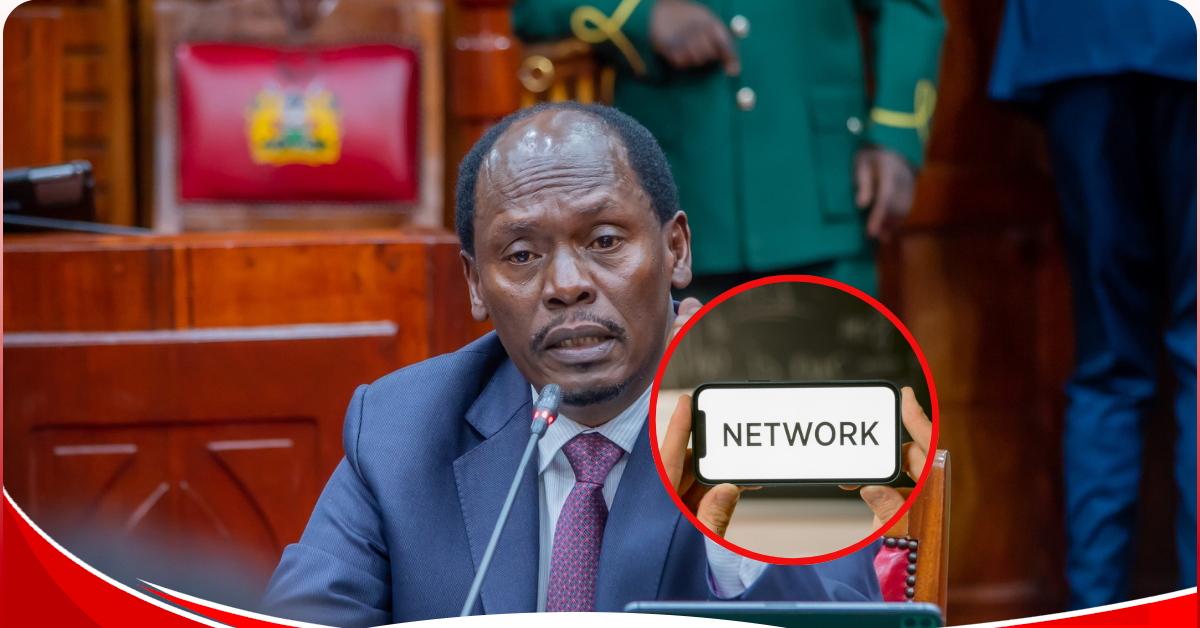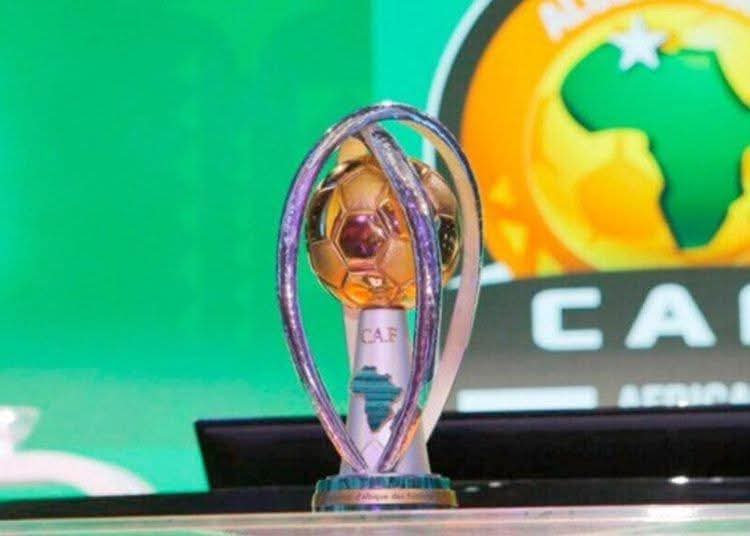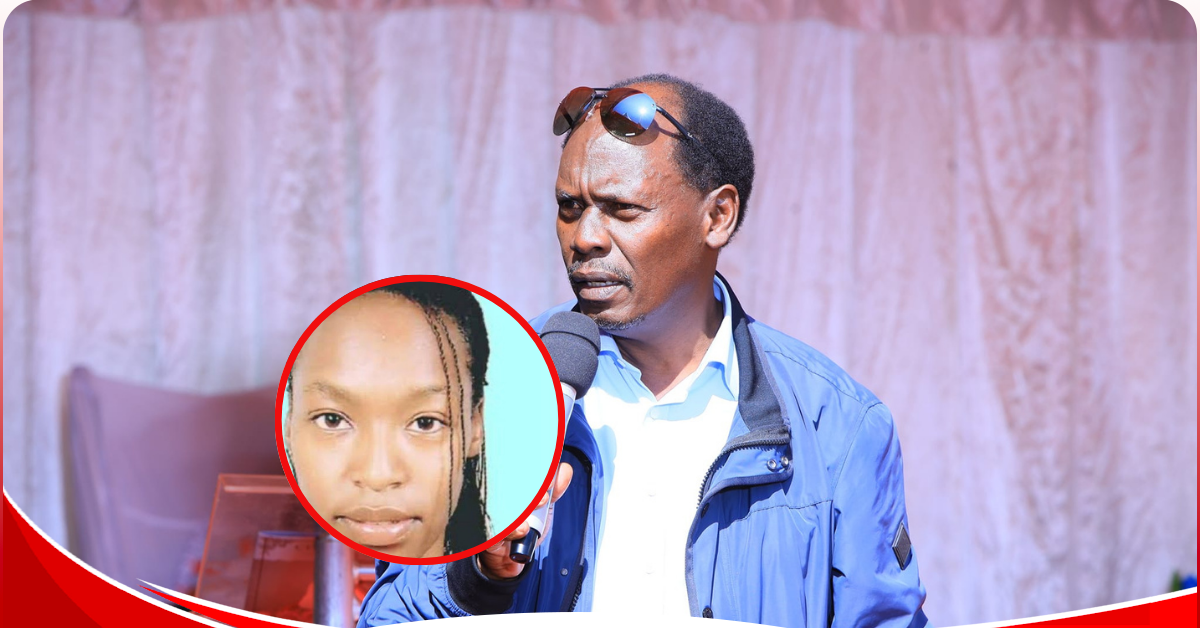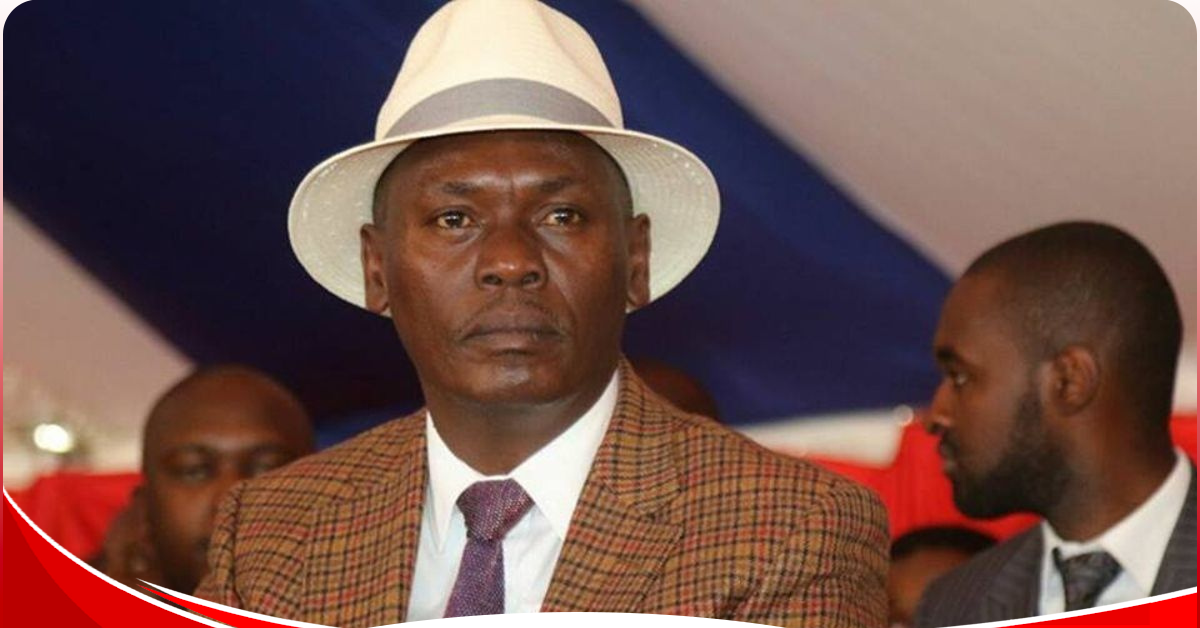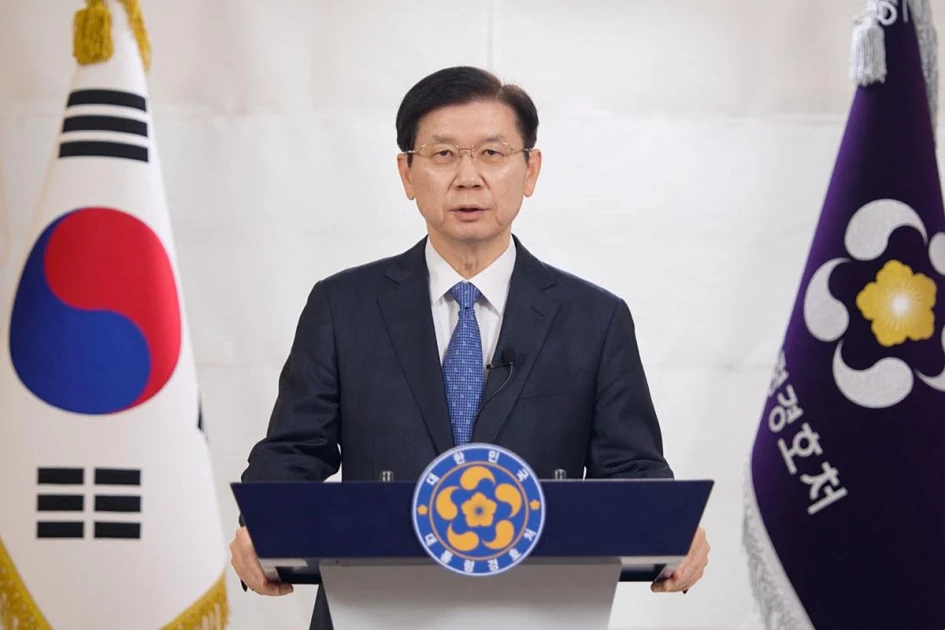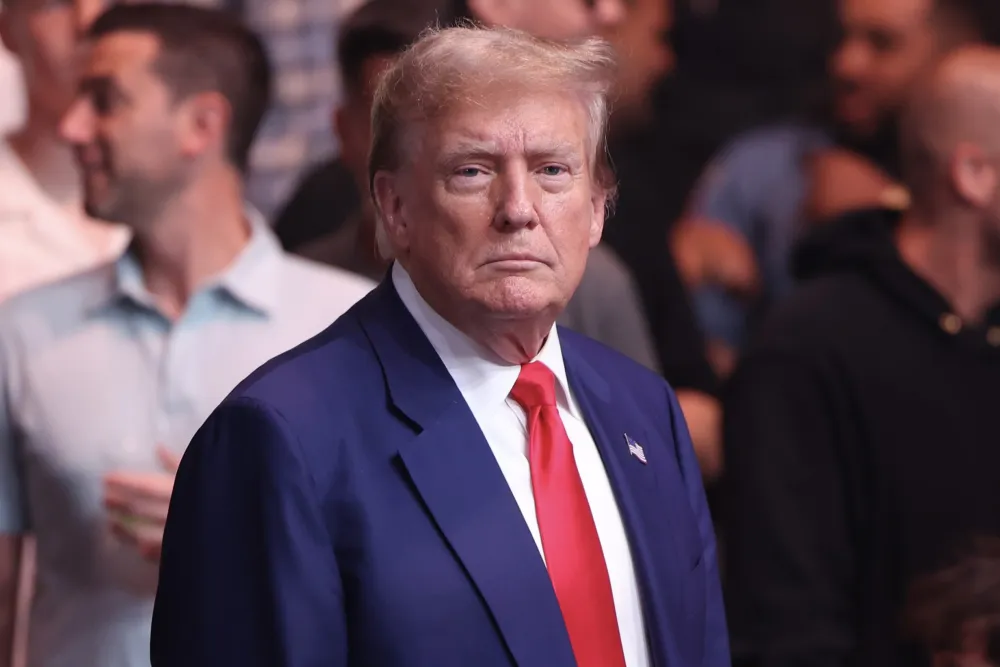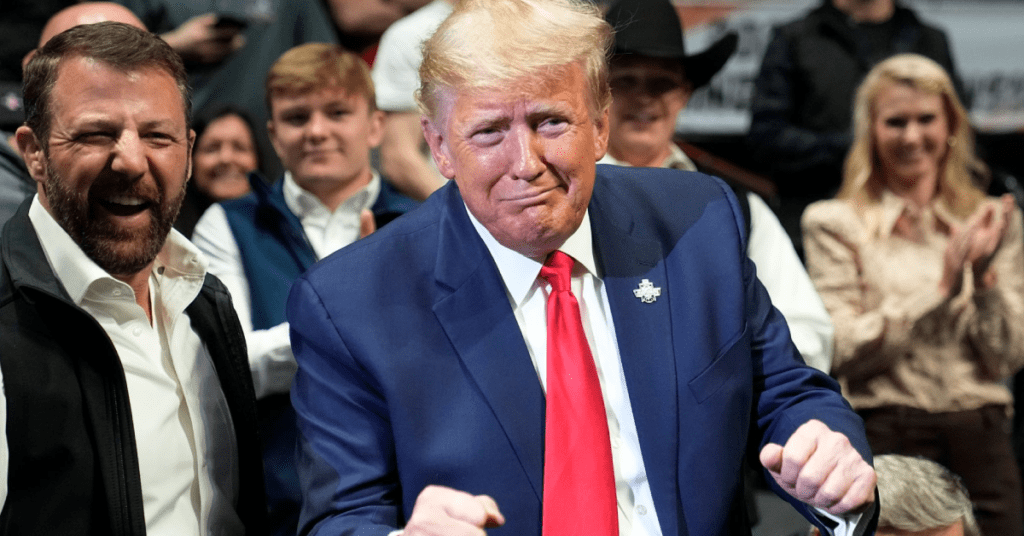President Museveni’s government has reached out to the World Bank to hold talks over funding development projects in Uganda.
This was after the World Bank suspended funding development projects in the country after the passing of the anti-gay laws.
Uganda’s Finance Minister Matia Kasaija has revealed that the talks with the money lending agency were successful.
“I want to assure the country that negotiations are going on well,” said Kasaija.
However, reliable sources from the World Bank, the Uganda chapter, disputed allegations of reaching an agreement with the Uganda government.
A source from the World Bank, who sought anonymity explained that the World Bank would not change its position on funding projects in Uganda.
While suspending funding activities in Uganda, the World Bank noted that the country had violated human rights and freedoms by passing anti-gay laws.
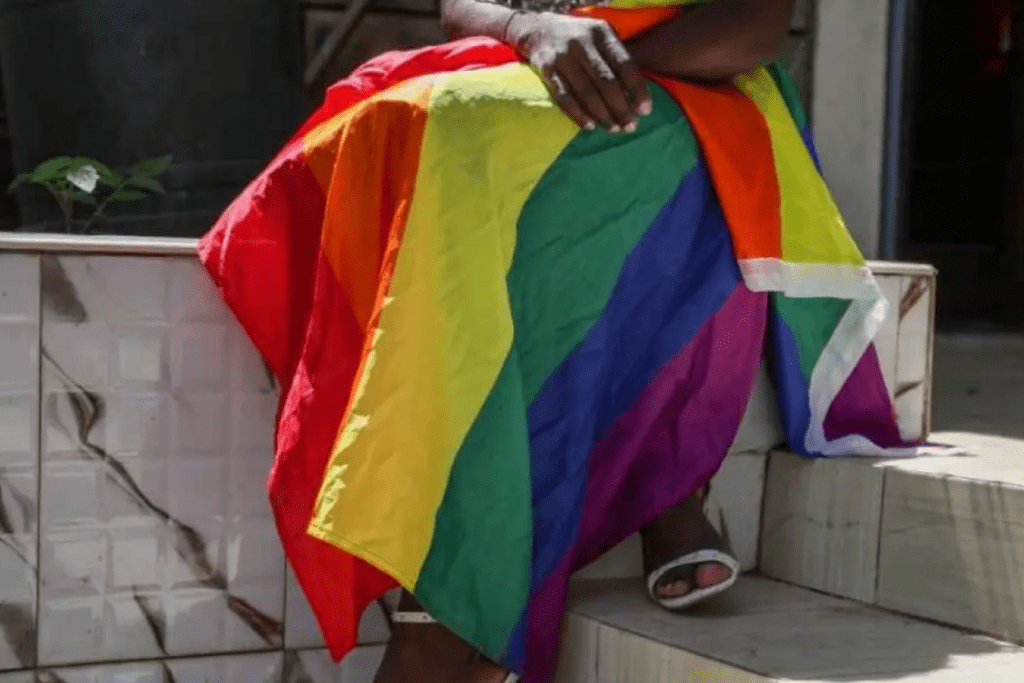
In a statement released on May 31, the World Bank noted the Anti-Homosexuality Act 2023 if enacted would endanger people by creating an additional barrier to vital medical care.
“The Act is not consistent with the values of non-discrimination and inclusion that the institution upholds. To achieve its goal of ending extreme poverty and boosting shared prosperity, the World Bank Group places inclusive development at the forefront with a focus on all groups,” the World Bank noted.
Uganda’s anti-gay law recommends for death penalty for individuals found guilty of homosexuality.
The country’s plan to negotiate with the international money lending agency, emerged a few days after the United States stopped buying textiles from Uganda, citing the anti-gay laws.
President Museveni revealed the termination of textiles businesses between Uganda and the US, during an event on September 12 in Kampala.
“The homosexuals in the US are interfering with our export of textiles. Some of the orders have been canceled by the homosexuals there,” said Museveni.
“But am not concerned about that because the money you have been squandering with second-hand clothes, importing other people’s fabrics, is much more than what we are going to earn from the sale to the US,” he added.


